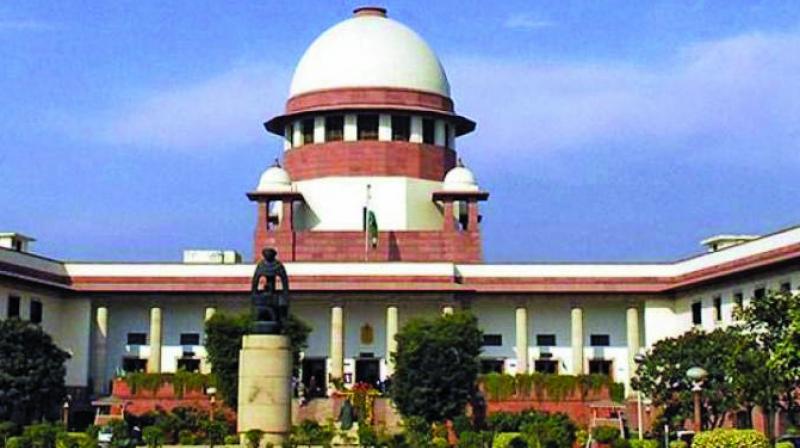Beware of Big Brother

We are in grave danger of becoming a nation that snoops freely on its citizens, if we aren’t that already. The tone and tenor of the Centre’s arguments before the Supreme Court last week betrays the intention of the establishment to seek total surveillance of citizens. It’s all very well to say that the powers sought are legitimate in the national interest. The challenge lies in who can undertake the task of ensuring that the surveillance provisions aren’t misused. Remember that 10 agencies are authorised “to intercept, monitor and decrypt any information generated, transmitted, received or stored on any computer in the country”, which makes it difficult to believe the letter of the December 20, 2018 notification doesn’t seek to arm government agencies with “sweeping” powers.
The fight against the notification is the arbitrary nature of powers sought to monitor any “computer” or device. While lawful interception of data, encrypted or not, may be necessary in India’s national security interest and for crime detection, the all-encompassing “legitimate state interest” seems to suit the State’s surveillance apparatus. While 24x7 watchfulness on terror, drugs and arms-running is welcome in today’s age, these provisions are often used to spy on political opponents of those in power, and to protect the image of rulers when it comes to social media posts. So far, most of the information sought from communications platforms offering encryption is to do with criticism of political leaders. One hopes the Supreme Court will swiftly come to the rescue of citizens, whose privacy appears to be in grave danger.

